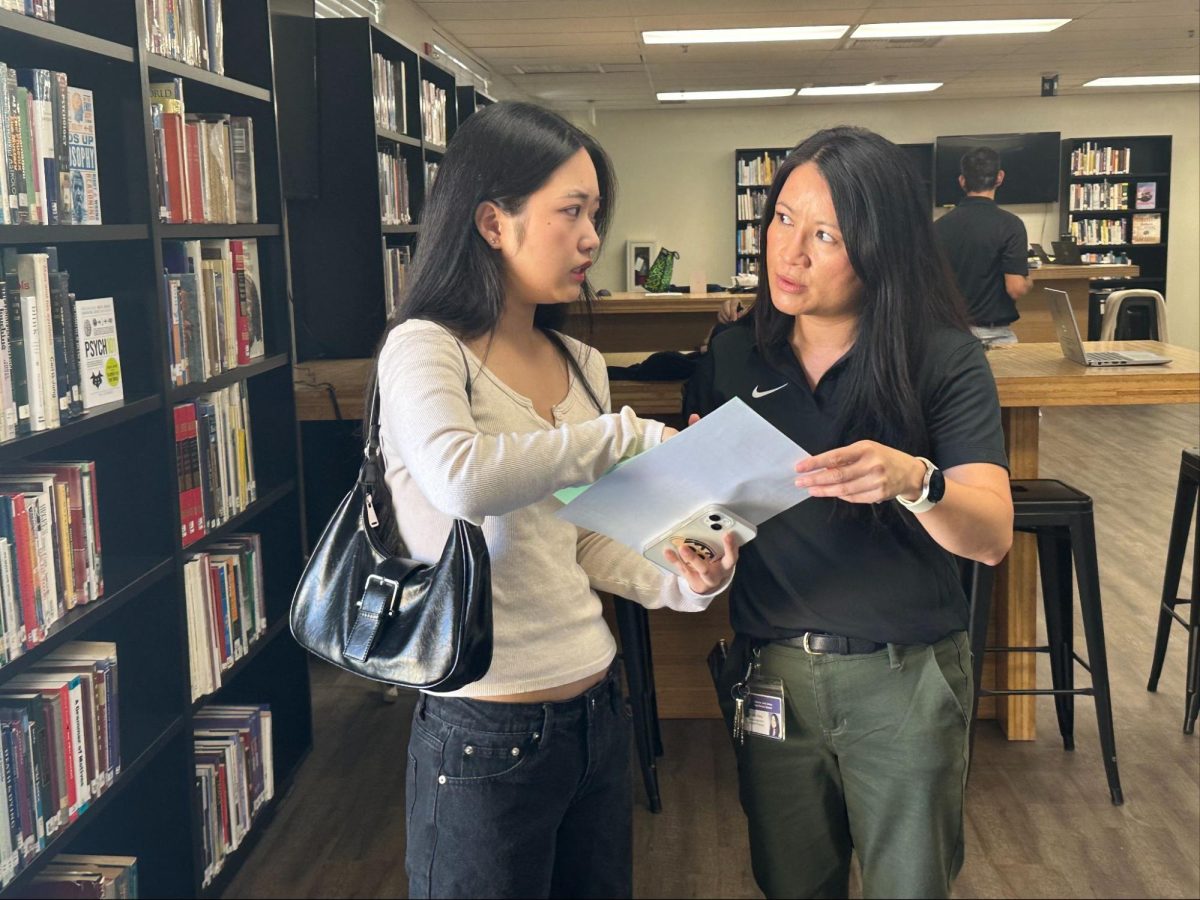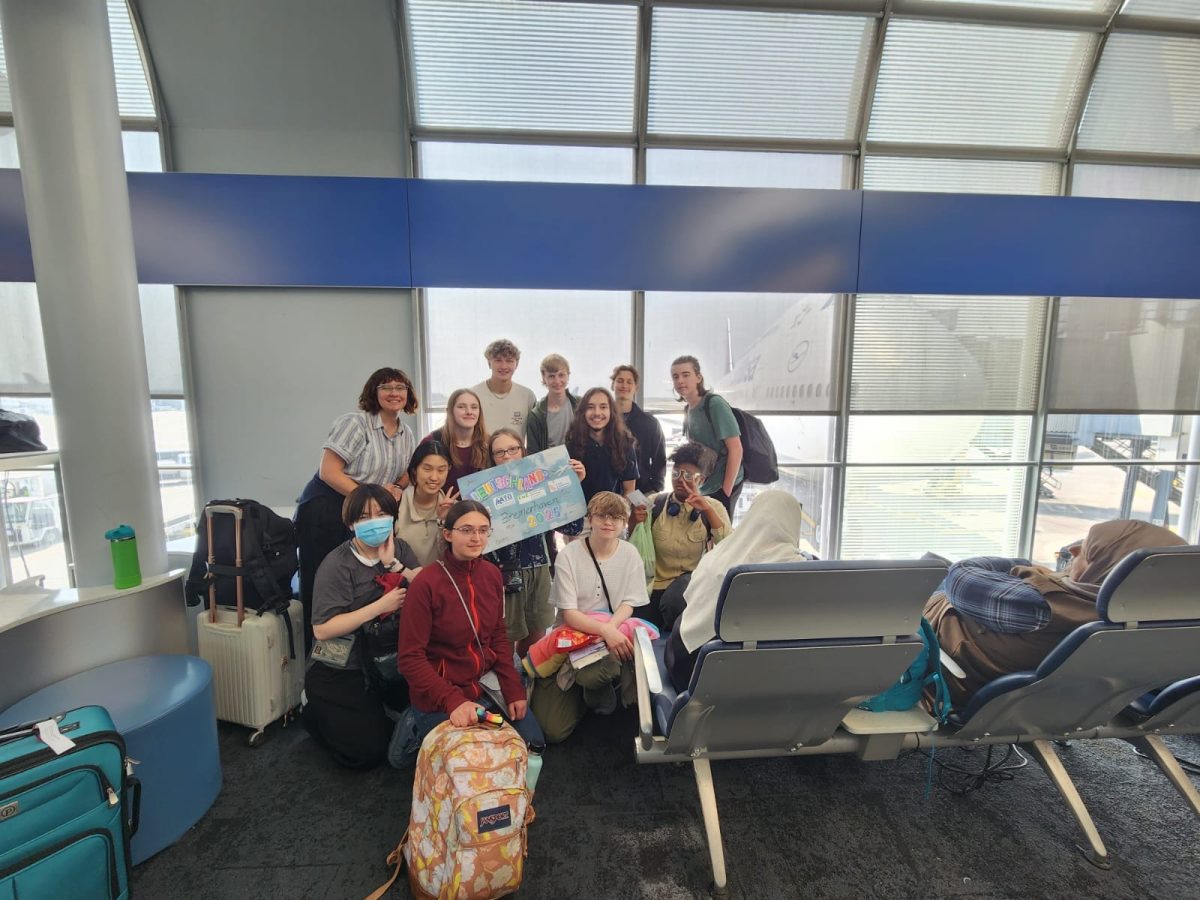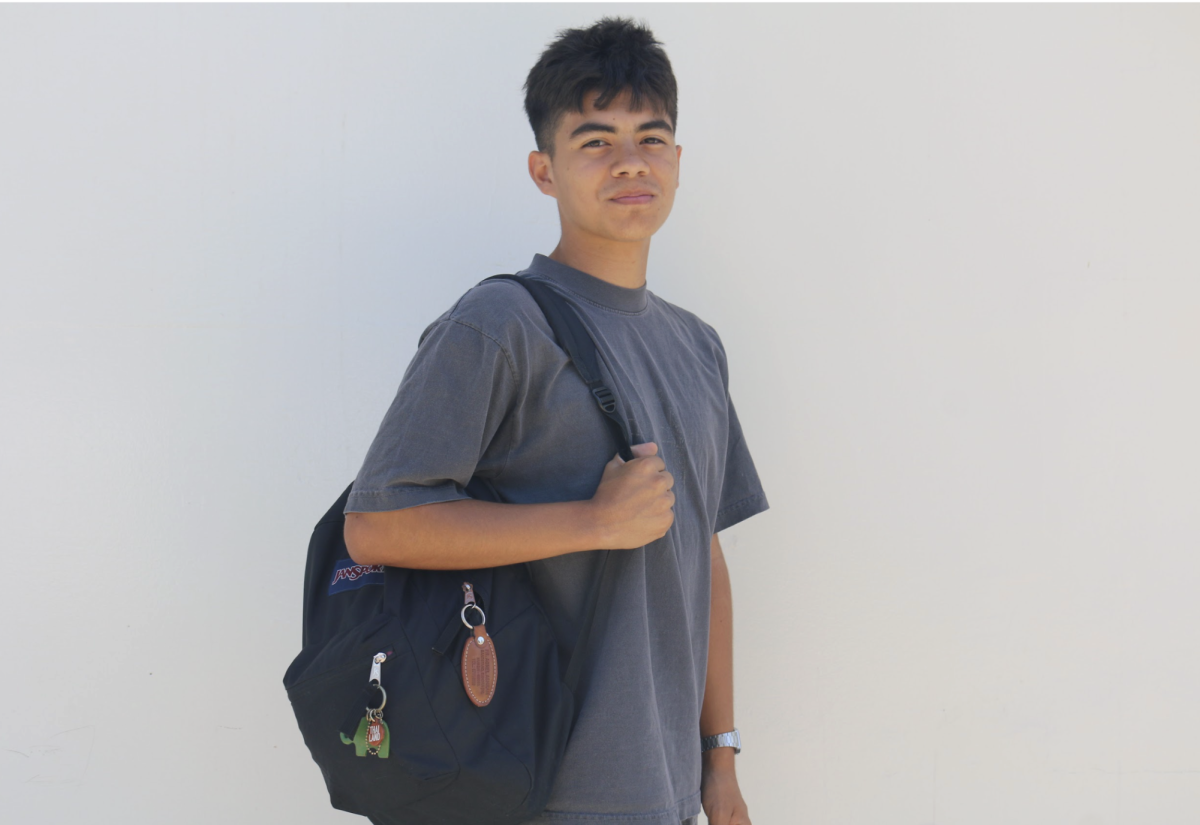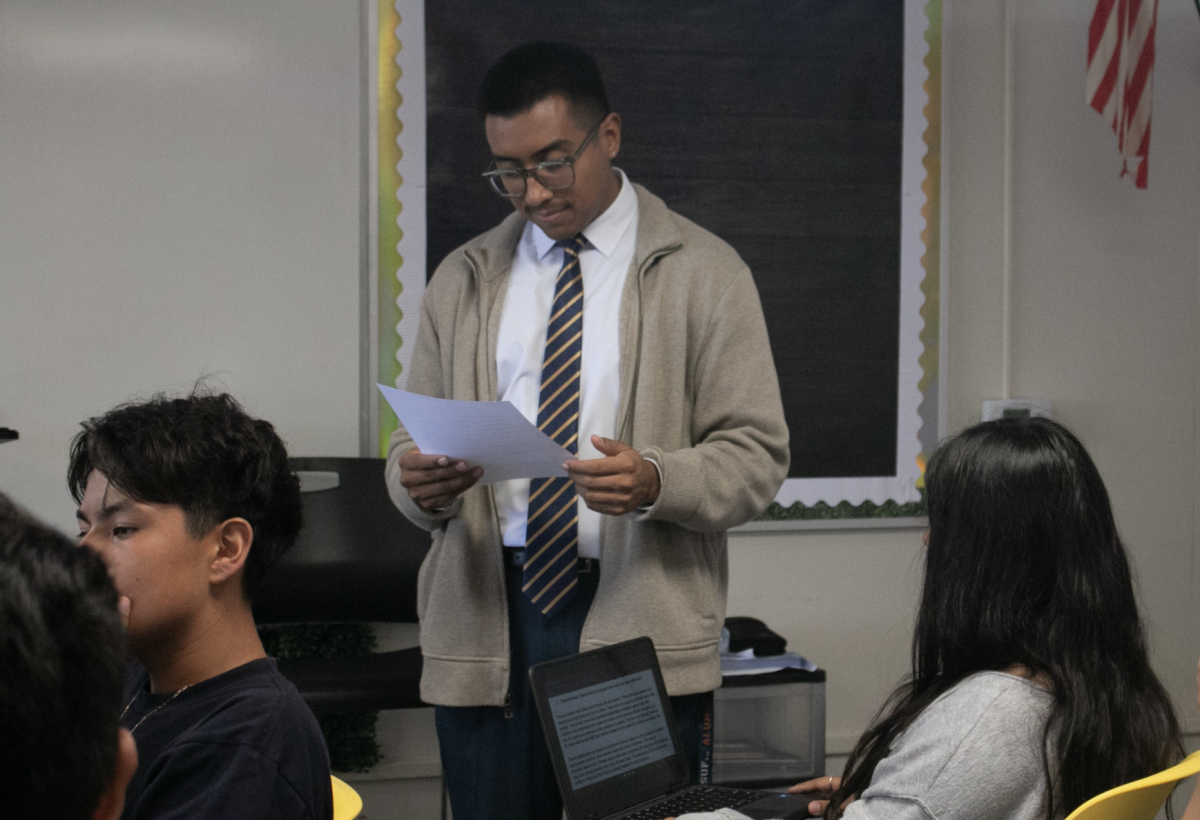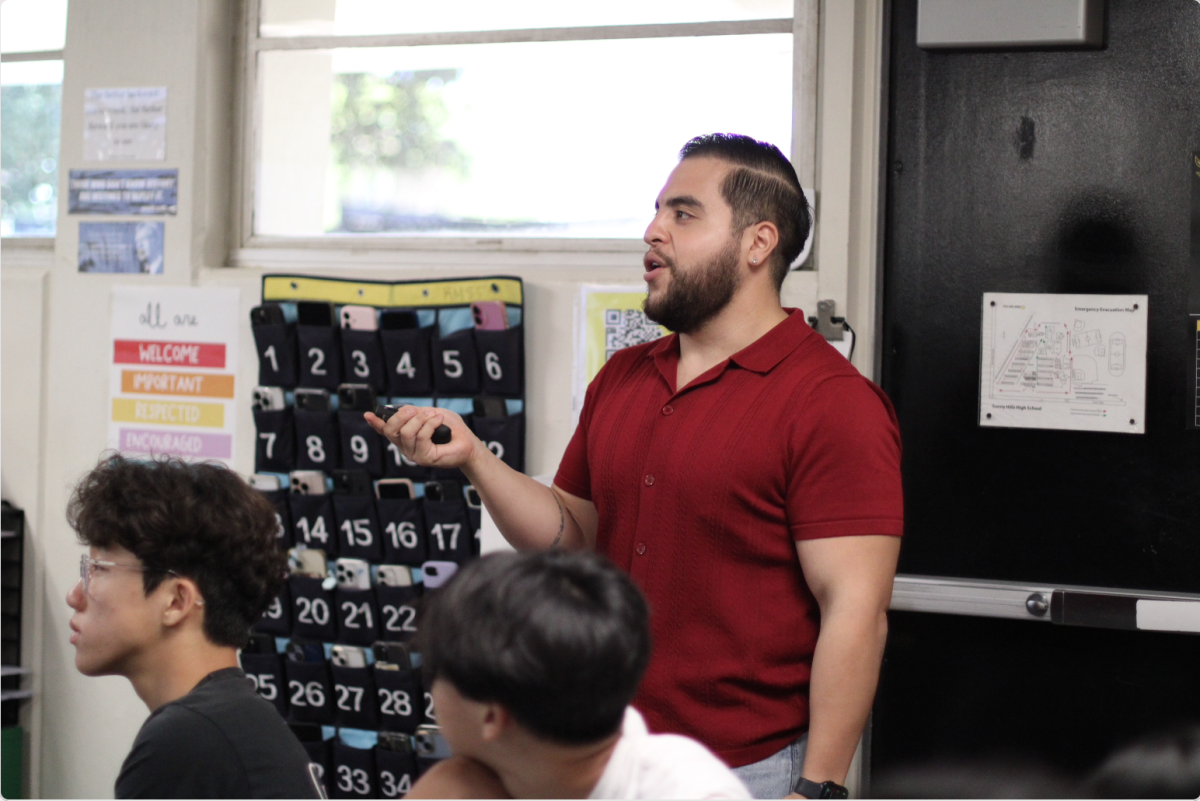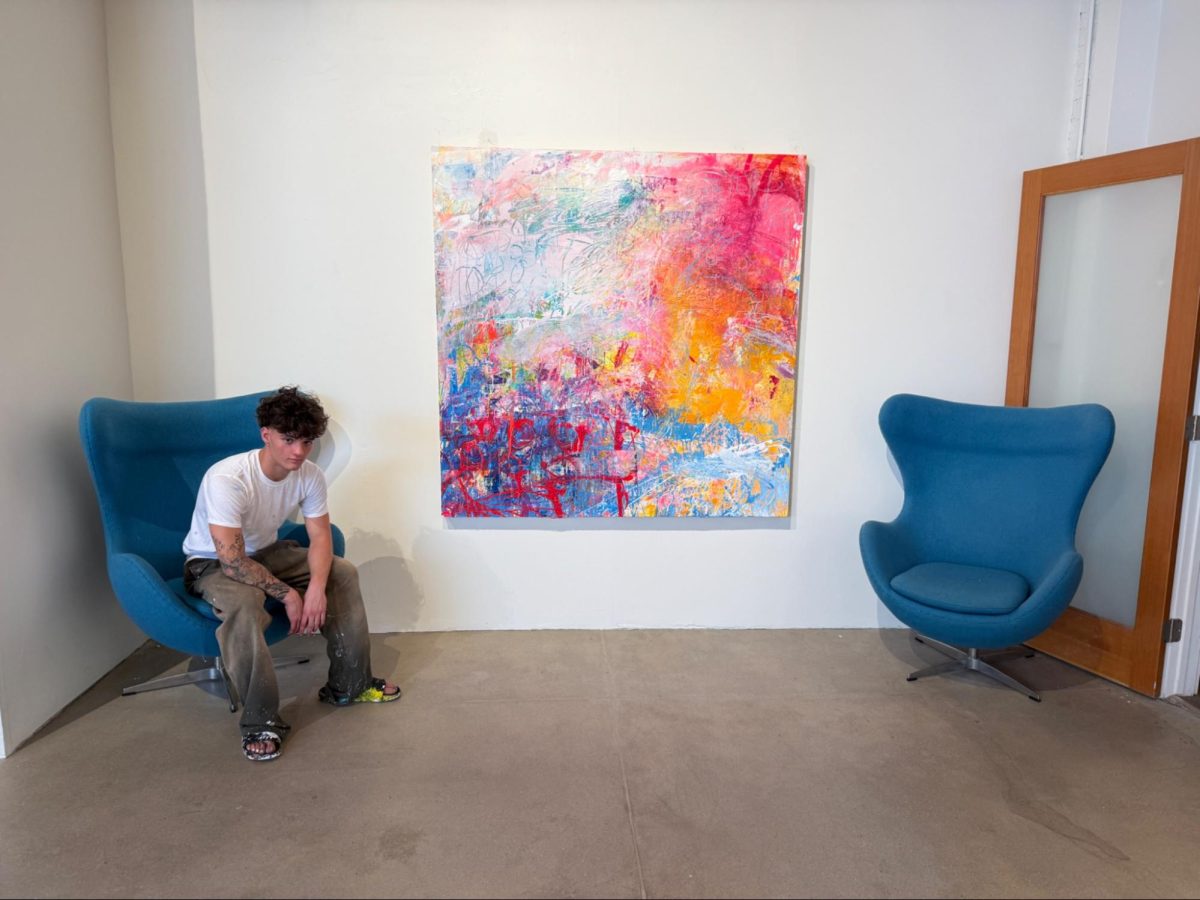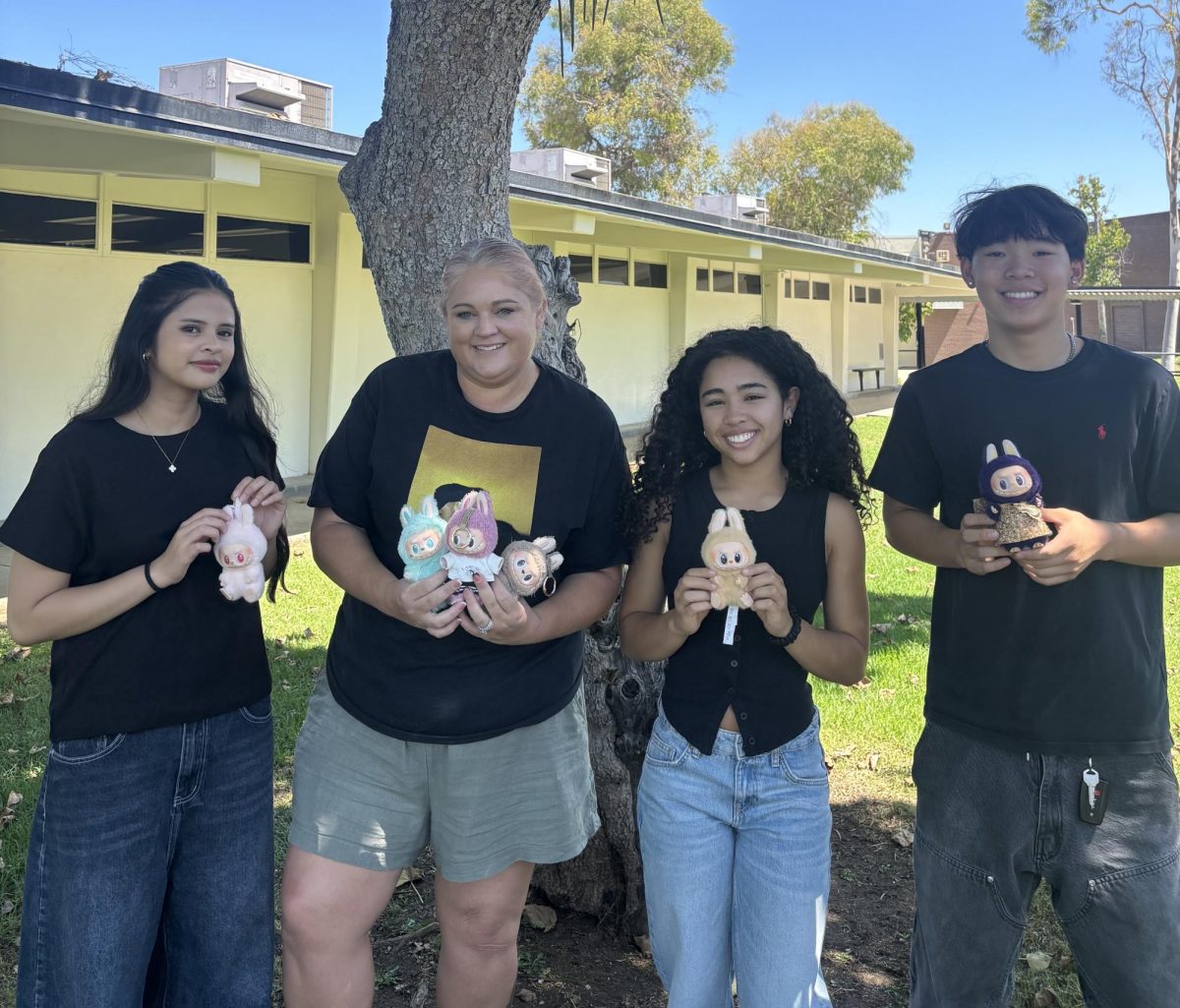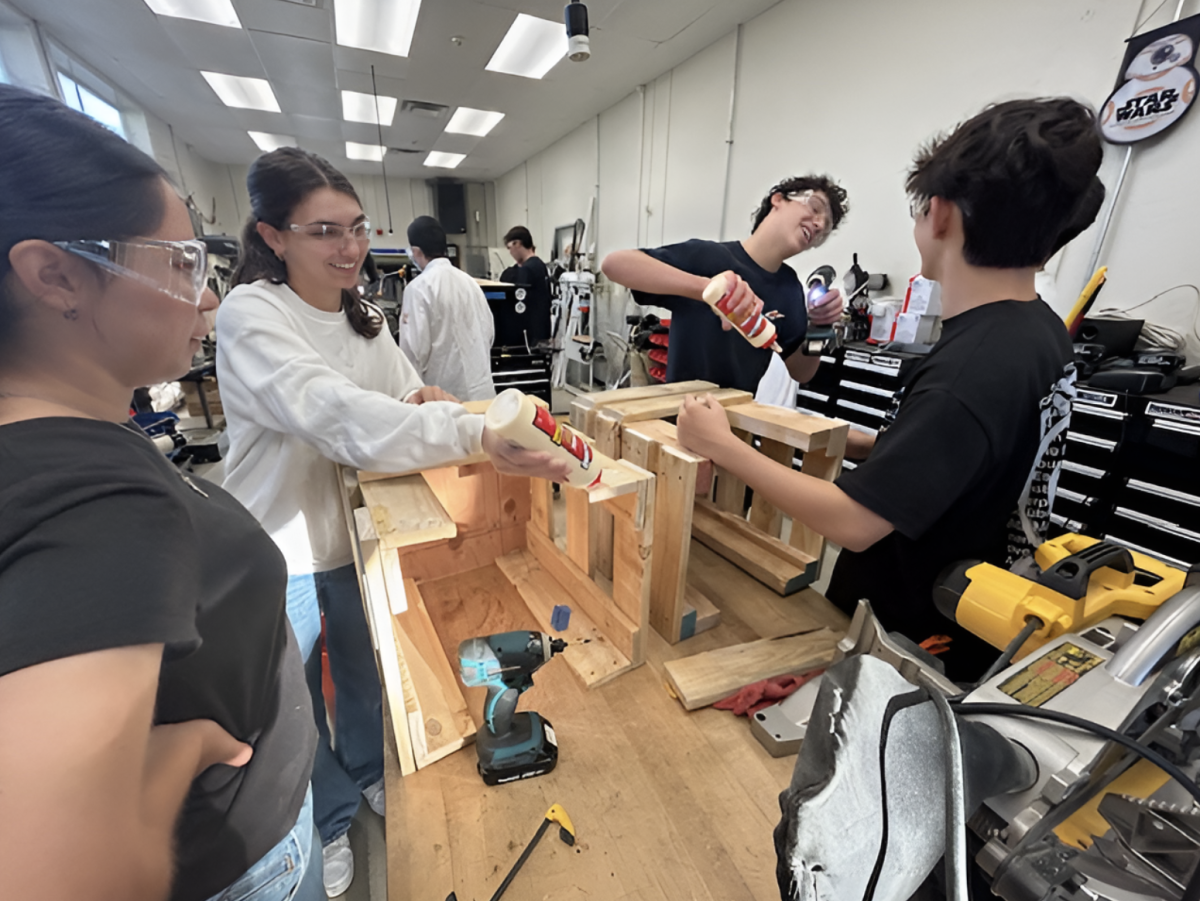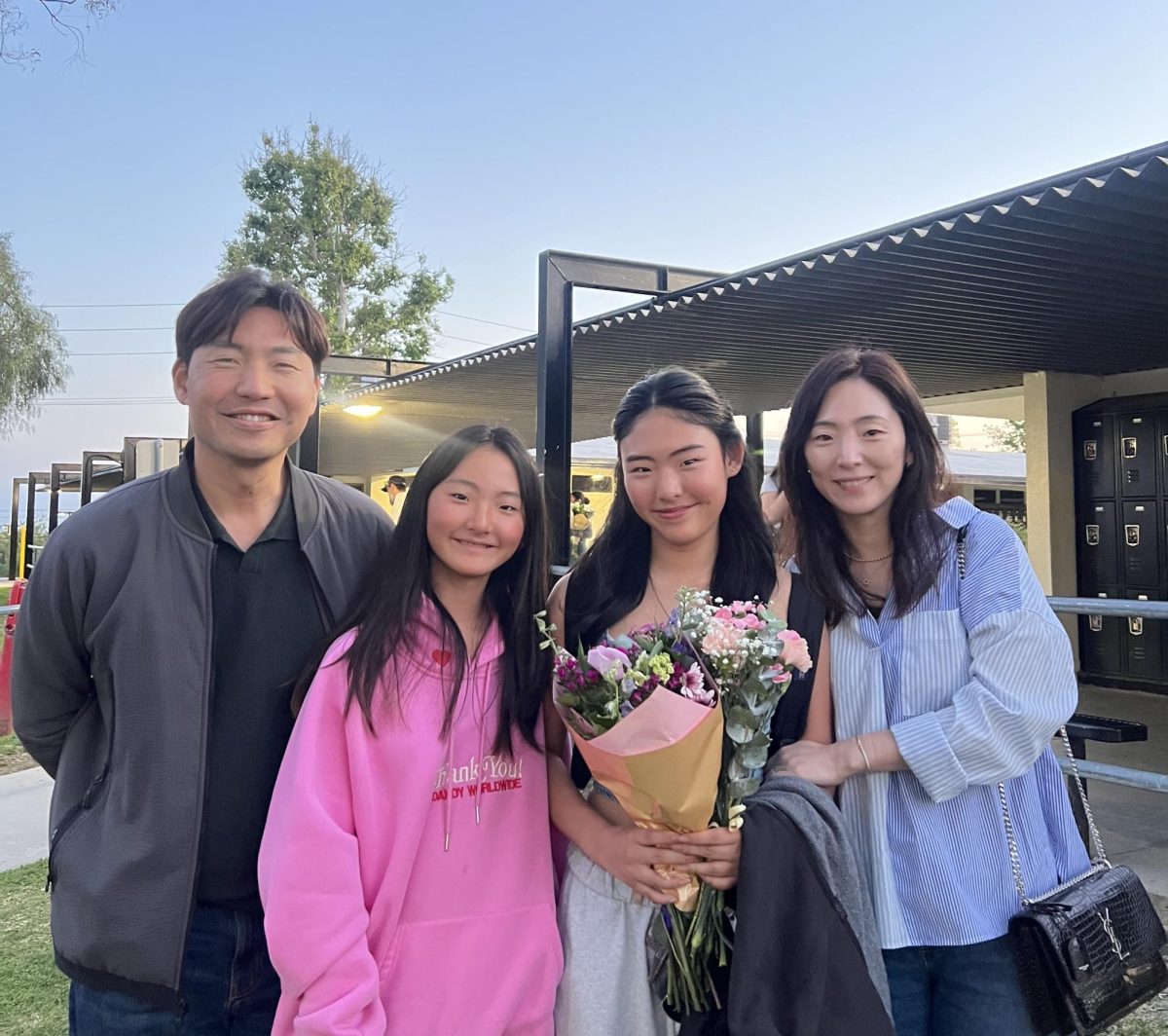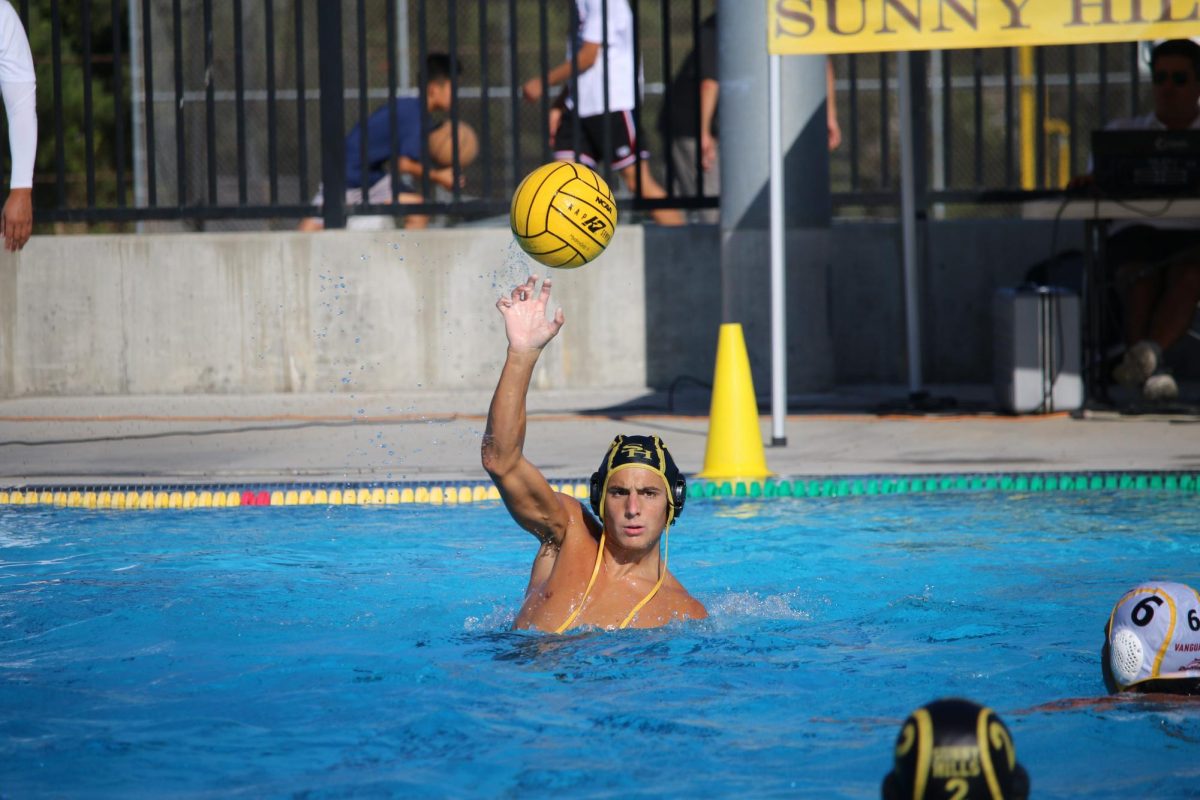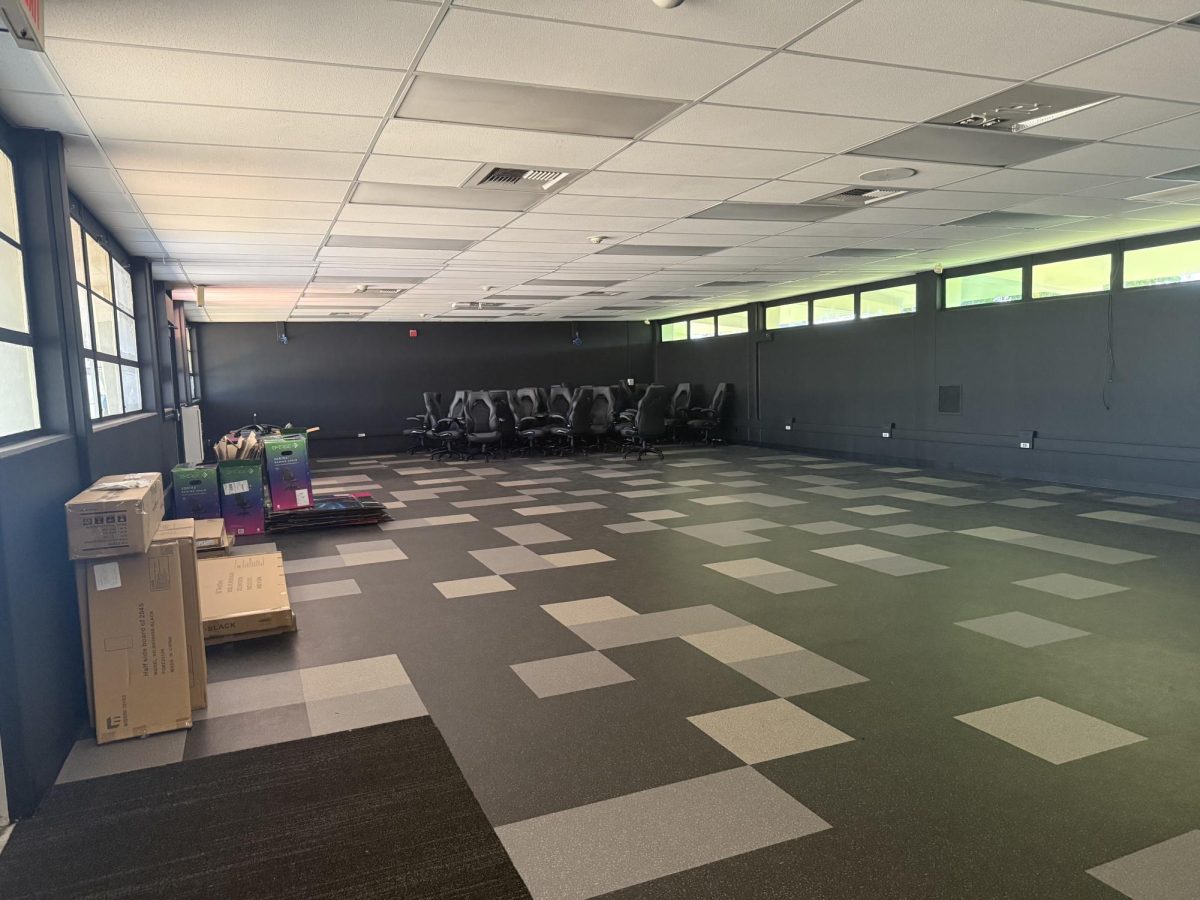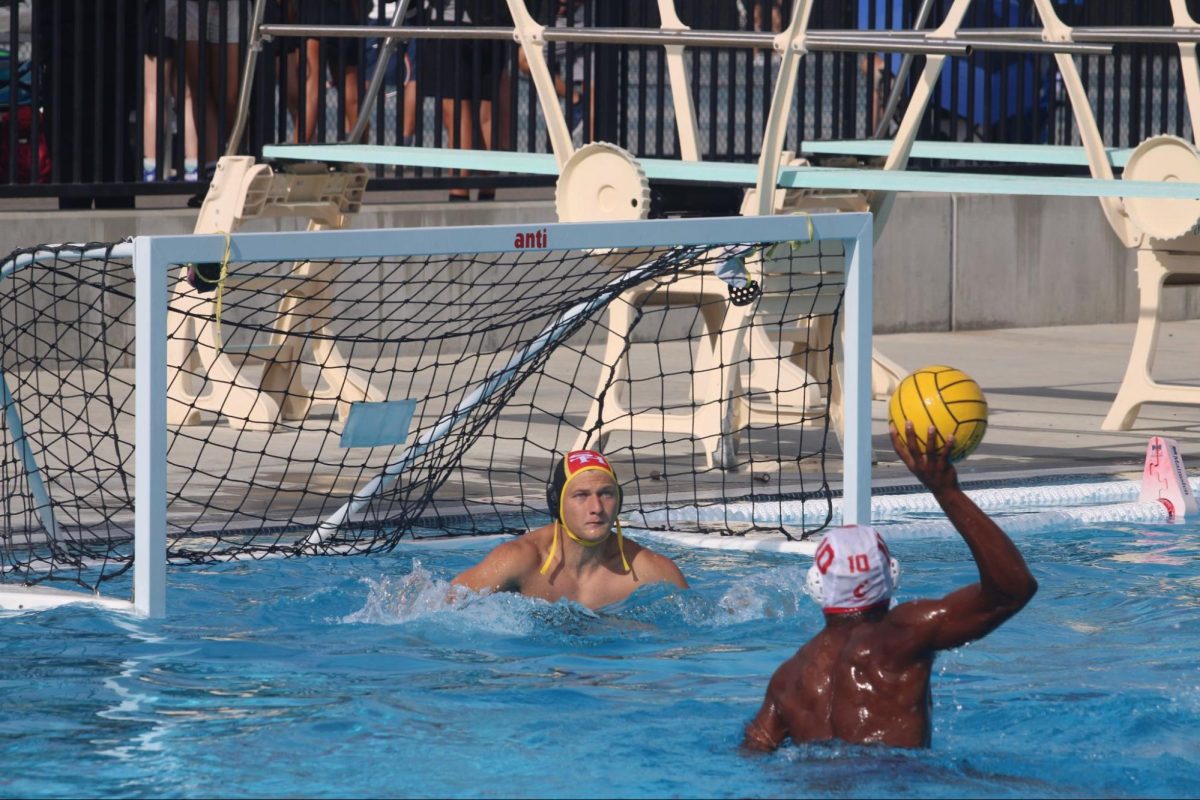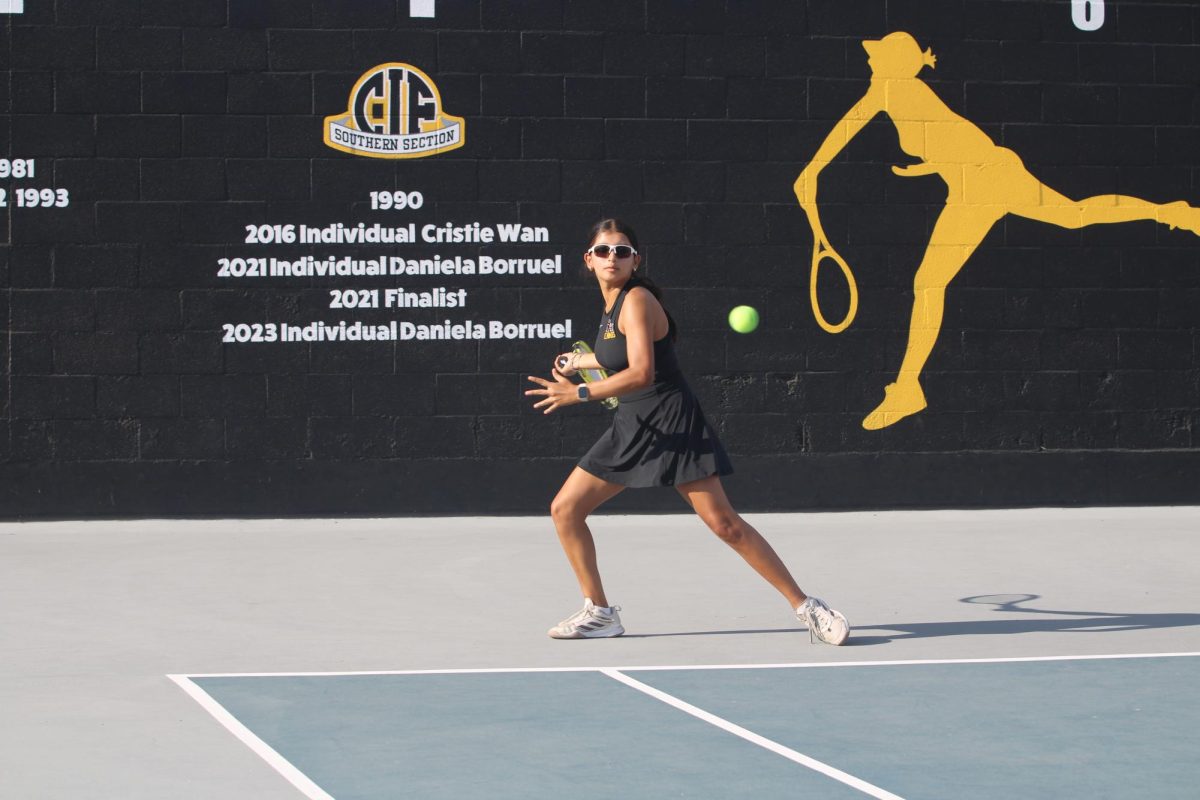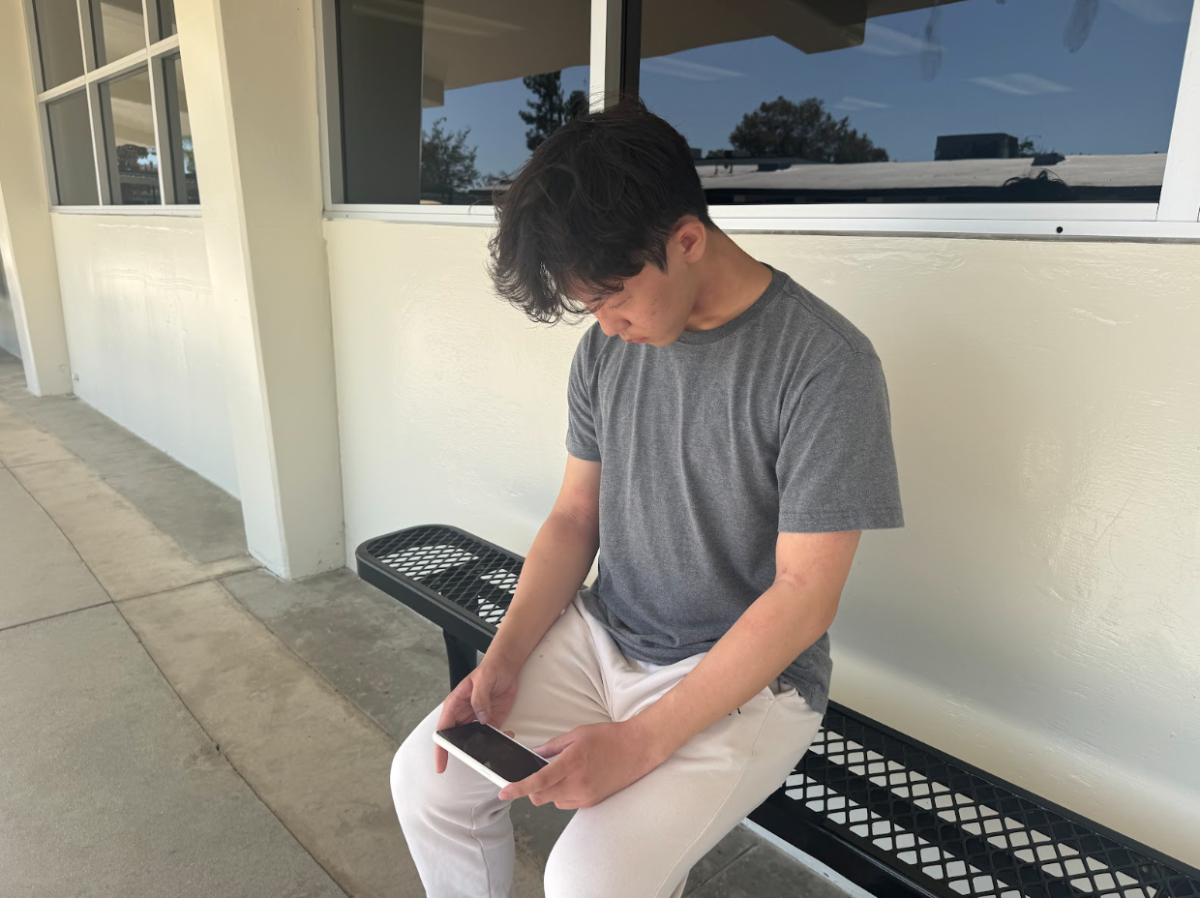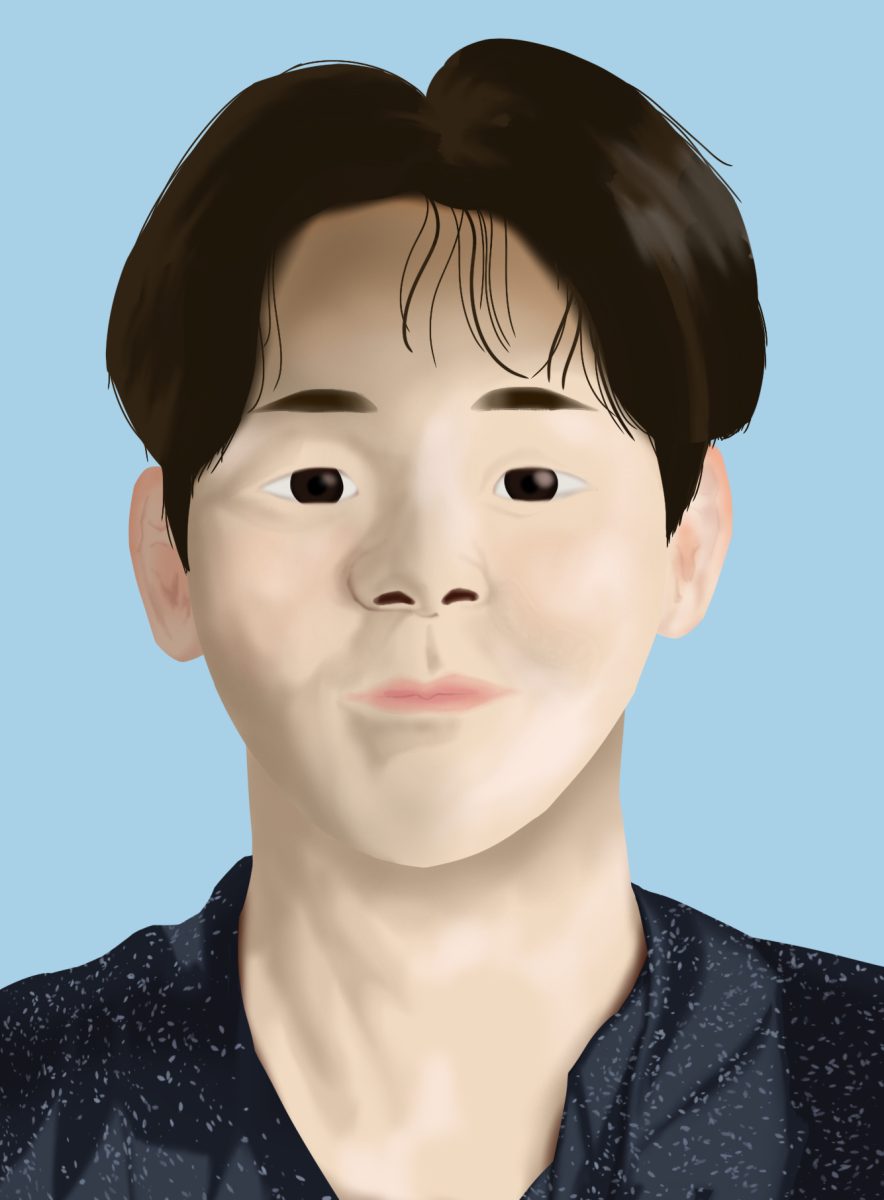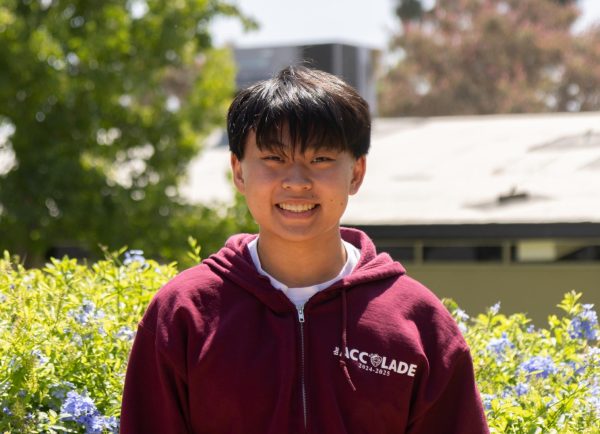One school day, then-11th-grader Betty Vutang was walking down the halls of her high school in Vancouver, British Columbia, when she saw her English teacher walking up the stairs.
In a moment of frustration, Vutang stopped her teacher.
“I wish I could get an A in your class, but I know I won’t be able to earn that because I’m still working on my English,” she said to her instructor.
Having immigrated from Vietnam to escape from the communist regime in 1984 at the age of 4, Vutang said she struggled with English, and coming from a family that heavily emphasized education, the junior was upset with her B in the class.
The teacher, blonde and wearing a gray skirt suit, turned around, took her hand and met Vutang’s gaze with her blue eyes.
“The grades don’t define you,” she said. “You’re a good human being, and you’re a good student — you’re going to be successful with whatever you do.”
At this moment, Vutang said she felt a wave of relief wash over her.
“I agreed with her, even though in my head I still wanted to earn an A,” she said. “I’ve never forgotten about that moment — I think about it and her every single day.”
That moment would also inspire Vutang’s eight-year journey to eventually becoming an educator and this year, being appointed the new assistant principal of student services at Sunny Hills.
“I wanted to be somebody like her, who is subtly able to support kids and be very impactful,” she said.
D’OÙ VENONS-NOUS? (WHERE DID WE COME FROM?)
Vutang was born and raised in Saigon, Vietnam. In 1984 when she was 4 years old, she said she and her family — her parents and grandmother — had the opportunity to leave and join other relatives who had already left the formerly war-torn nation for a new start in Vancouver.
Following the fall of Saigon, the capital of South Vietnam, in 1975, many relatives from Vutang’s father’s side of the family began emigrating out of the nation to France and Canada — two nations that spoke French, which was also widely used in Vietnam. In 1984, Vutang, along with her parents, joined them in Vancouver.
Vutang grew up speaking Vietnamese and French, the main languages in Vietnam, and although she performed well in school, learning a third language proved to be a challenge for her.
“I had to take ESL [English as a Second Language] classes because [English] was really hard,” she said.
Nevertheless, Vutang said she continued adapting to the language and culture by playing with neighboring children until she eventually found herself in her first year of high school, at Britannia Secondary School in Vancouver.
As a student, she took the maximum course load and participated in many activities including soccer, volleyball, hockey, the Associated Student Body and tutoring throughout her high school career.
“I made sure that I was busy,” Vutang said. “When you’re busy you stay out of trouble, so I really enjoyed anything involving education and extracurricular activities.”
QUE SOMMES-NOUS? (WHAT ARE WE?)
After graduating high school in 1998, Vutang said she wanted to spend the rest of her life in France, so she moved there with some support from her relatives who lived there.
She got a job as a nanny – also known as an au pair in France – taking care of a couple’s 9-year-old boy for pay, room and board and meals.
Meanwhile, after work hours, Vutang said she took community French classes while planning to enter a French college and earn a degree that would allow her to teach English.
However, before she could set her plan into action, a family emergency occurred. After a year and a half in France, Vutang said she returned to Canada, much to her disappointment.
In 2000, Vutang began attending Simon Fraser University in Burnaby, British Columbia, and after taking additional courses during her summers, she graduated in three years with a bachelor’s degree in French and an extended minor in English. An extended minor, which is featured in Canadian colleges, is somewhere in between a minor and a major.
“During my first two years, I was still leaning toward education, and by the end of my third year, I knew that I wanted to teach language,” she said. “By the end of your third or fourth year, you have to kind of start figuring out what you want to do, so I decided on teaching.”
While in college, Vutang began building a relationship with her future husband, who was from the United States, and after she graduated in 2003, she moved to Whittier to live with him, saving money while working at Whittier College as an administrative assistant and later Touro University as a financial aid adviser.
After she saved enough money, in 2005 Vutang obtained her teaching credential at California State University, Fullerton, completing her student teaching in French at Sonora High School before she officially entered the Fullerton Joint Union High School District [FJUHSD] in 2006 as a French and English Language Development teacher, working at Sonora for a total of five years.
“The students were great, the staff was very supportive,” Vutang said. “I had a really good experience over there.”
At Sonora, the French courses were already developed, as other educators taught there, so in 2010, the teacher said she decided to move schools when La Habra High School [LHHS] had an opening for a French teacher who could run his/her own program.
“I actually enjoy [moving to a new school],” Vutang said. “You get to know a variety of students and cultures from different schools.”
At LHHS, Vutang continued to teach French while also serving as the English Learners coordinator and the world language department chair. Additionally, in 2013, she earned her master’s in linguistics from California State University, Long Beach.
“I loved it there,” she said. “It was a very tight-knit community — if there’s a game or some sort of gathering, a lot of community members came because some of them attended La Habra, too.”
The administrator said she found satisfaction in her work, being able to aid students, just as her English teacher did for her years ago.
However, Vutang wanted to reach more students, and after her mother, who was an administrator for a school in Vietnam, encouraged her, she enrolled in a two-year-long administrative credential program in 2013.
In 2015, she transitioned to administration, serving as dean of attendance, a similar role to assistant principal, of LHHS until 2016 when she obtained the assistant principal role.
“Originally I never thought I would go into administration, but as I was teaching I thought, ‘How can I reach more kids?’” she said. “Administration is one of the best ways to do it because you can reach beyond the 180 kids in your classroom and be able to support more children.”
Vutang spent the remaining eight years of her time at LHHS as an assistant principal in charge of student services, student affairs and pupil services at varying points throughout the eight years. In 2019, Vutang also earned her doctorate of education in educational leadership from the American College of Education.
“Everybody comes from a different background, and some have more support at home than others,” she said. “I want to be there for the kids who have a good amount of support, but also the kids who need more support.”
While working as an assistant principal, Vutang assisted students with various problems, including disciplining and guiding students to improve their lives.
“When I was at La Habra High School, I would meet kids as freshmen, and they were still very young, and they were still trying to navigate the world,” she said. “And so I got to know these kids … and watch them grow, and when they are about to graduate they were like, ‘You made my years good — you supported me and cared for me.’”
OÙ ALLONS-NOUS? (WHERE ARE WE GOING?)
The administrator said she always tells the principal and district she is open to being transferred anywhere, as going to a new campus allows her to gain new insight into different school cultures.
So when she found out one day during work that the FJUHSD chose her to take an opening after former assistant principal Katie Wright was appointed as educational services coordinator, she wasn’t completely surprised.
“I felt excited because now I have an opportunity to work at a new school and support a different principal, different admin team, different students and a different community,” Vutang said. “I was also sad because I have been at La Habra for 14 years, and I knew the community very well, I knew the teachers and students very well — to me they were family.”
Additionally, according to the Helios yearbook, Sunny Hills has never had an assistant principal work here with Asian heritage.
“For others, it may be more impactful that I’m the first, but for me, I don’t really think about that stuff,” Vutang said. “I’m definitely proud of it, but I mostly just think about making sure I take care of the students and teachers and that everybody here is happy and safe.”
So far, the newly appointed assistant principal, who officially started on Monday, July 1, said she has had a positive experience on campus.
“It’s been wonderful,” Vutang said. “I think the staff is fantastic, and the students are very respectful.”
Associated Student Body president senior Sean Lee, who worked with the assistant principal in one of her first experiences with the campus and its students during Lancer Days, appreciated her willingness to help.
“She was extremely easy to work with,” Lee said. “She is helpful to all students, putting helping students before other work.”
Having worked with principal Craig Weinreich when he was an assistant principal at LHHS in 2021, Vutang said she found the transition to her new work site pleasant.
“He’s a wonderful person, and it’s enjoyable working with him,” she said.
Likewise, Weinreich said he felt more than satisfied with who the district chose to take on the role.
“She’s very enthusiastic, does a great job relating with students and has a good experience level,” he said. “She’s been doing administrative things for almost 10 years, so she’s got a lot of good background with that.”
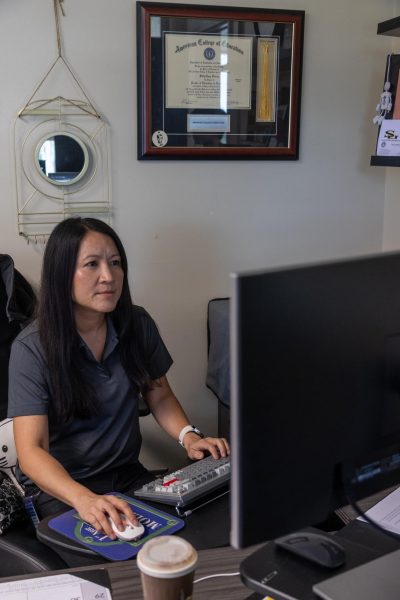
As the assistant principal in charge of student services, Vutang mainly oversees discipline and attendance.
One of her main goals this year is to further enforce the dress code, which district officials updated two years ago and bans attire showing midriffs, cleavage and inappropriate designs. So far, she has done so by sharing fliers with parents and staff to raise awareness about the rules.
In recent years, administrators have not strongly enforced the rule, although Vutang said she did not know of this.
“I just think that in every single school, whether it’s in this district or another district, students should come to school dressed appropriately,” she said.
Although some students have complained about the stronger enforcement, Vutang sees it as necessary.
“[Enforcing] dress code is just my job, and when I’m in my role, I just make sure I do my job,” the assistant principal said. “I do feel bad sometimes, especially since it’s been really hot lately, … but rules are rules.”
As of Tuesday, Sept. 10, Vutang said school officials have identified around 30-40 dress code infractions among students on campus. When students are found violating the dress code, they are required to change into a provided Sunny Hills T-shirt or forced to be sent home.
The first offense results in a warning and a call home to a guardian, before further disciplinary action such as detentions.
One student who received a warning was junior Jane Doe, whose identity was kept anonymous for confidentiality reasons.
“I don’t think it should be that big of a deal — everyone wears this kind of stuff,” said Doe, who received a warning for wearing an outfit that exposed her midriff. “Having to wear the shirt was really over-the-top.”
Similarly, a sophomore, whose identity is kept confidential, said she received a penalty after wearing a crop top.
“I was super mad when I got dress coded, and I was also mega mad when I had to wear the shirt over because it was ugly, and I literally had a jacket, but they wouldn’t let me put it over,” the sophomore said. “I do not like the new dress code [enforcement] because now it’s super strict, and we have to wear ugly clothes.”
Entering her first year on campus, Vutang hopes to become more involved in the Lancer community.
“I want to get to know the staff and students well,” the assistant principal said. “I’m bad at remembering names, but I’m good at remembering faces and moments that I share with those people.”
Above all, Vutang wants to follow in her 11th-grade English teacher’s footsteps to help students.
“I still aspire to be like [my high school English teacher],” she said. “I want to let students know that we’re all here for them and we’re here to support them regardless of what struggles they have.”



